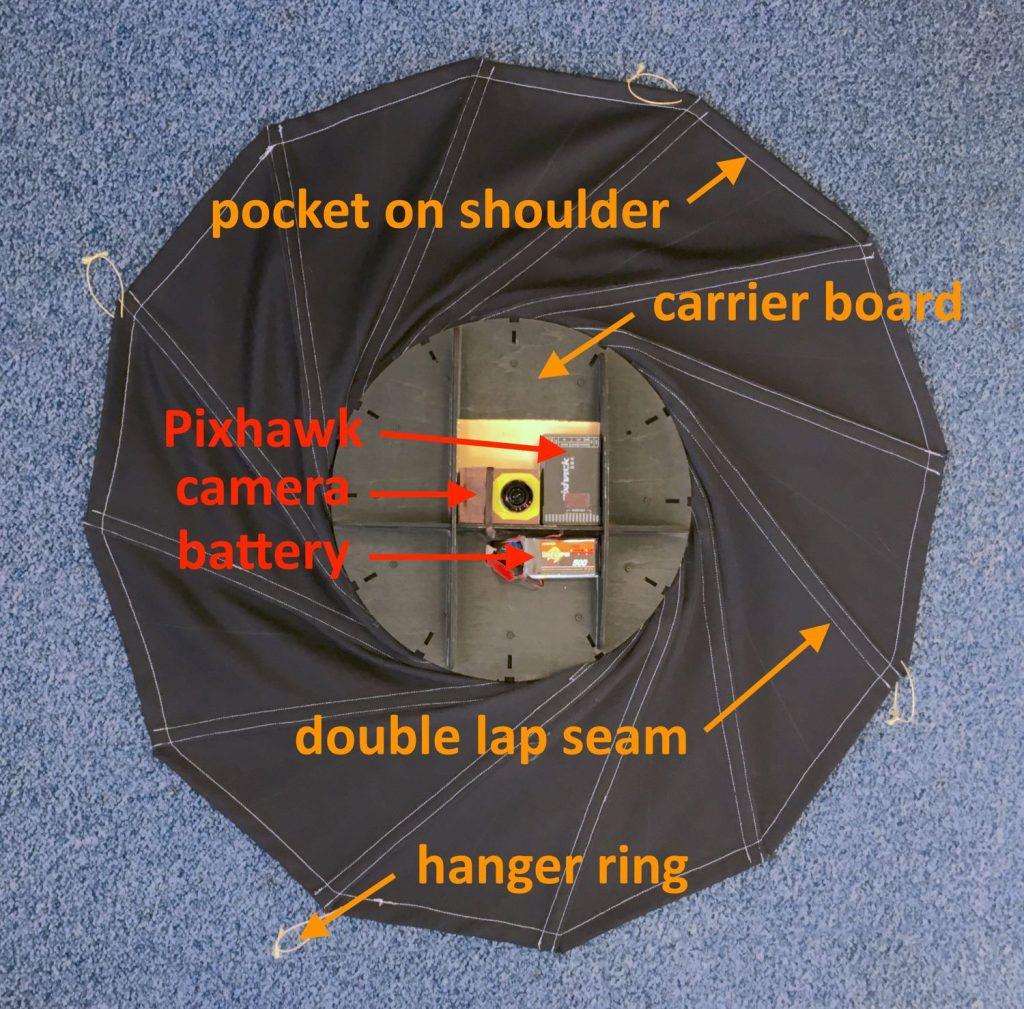A University of Manchester PhD student has developed a prototype flexible heat shield for spacecraft that could reduce the cost of space travel and even aid future space missions to Mars.
Heat shields are essentially used as the brakes to stop spacecraft burning up and crashing on entry and re-entry into a planet’s atmosphere. This design is the first in the world to utilise centrifugal forces that stiffen lightweight materials to prevent burnup.
Current spacecraft heat shield methods include huge inflatables and mechanically deployed structures that are often heavy and complicated to use.
Rui Wu, from Manchester’s School of Mechanical, Aerospace and Civil Engineering, says as well as being lightweight in design is prototype is also “self-regulating”. This means there is no need for any additional machinery, reducing the weight of spacecraft even further and allowing for low-cost scientific research and recovery of rocket parts.
